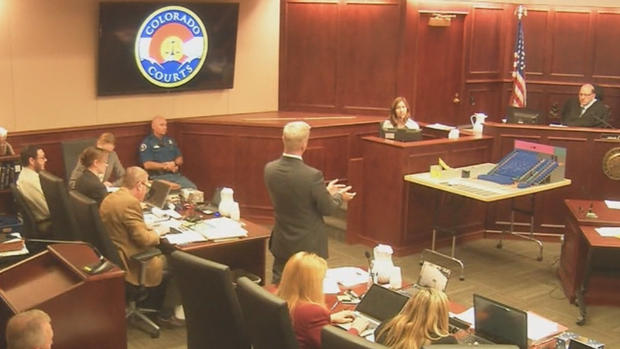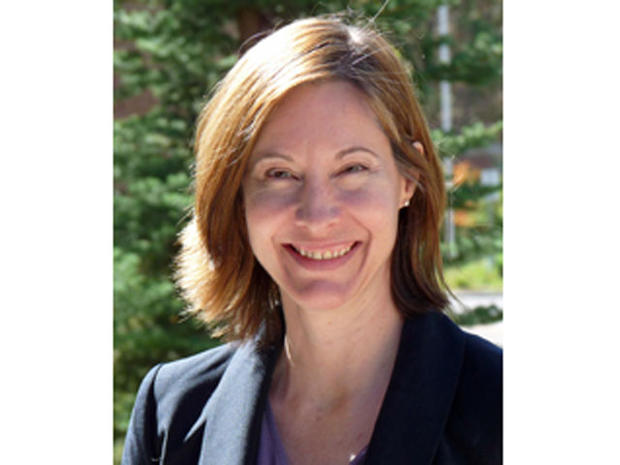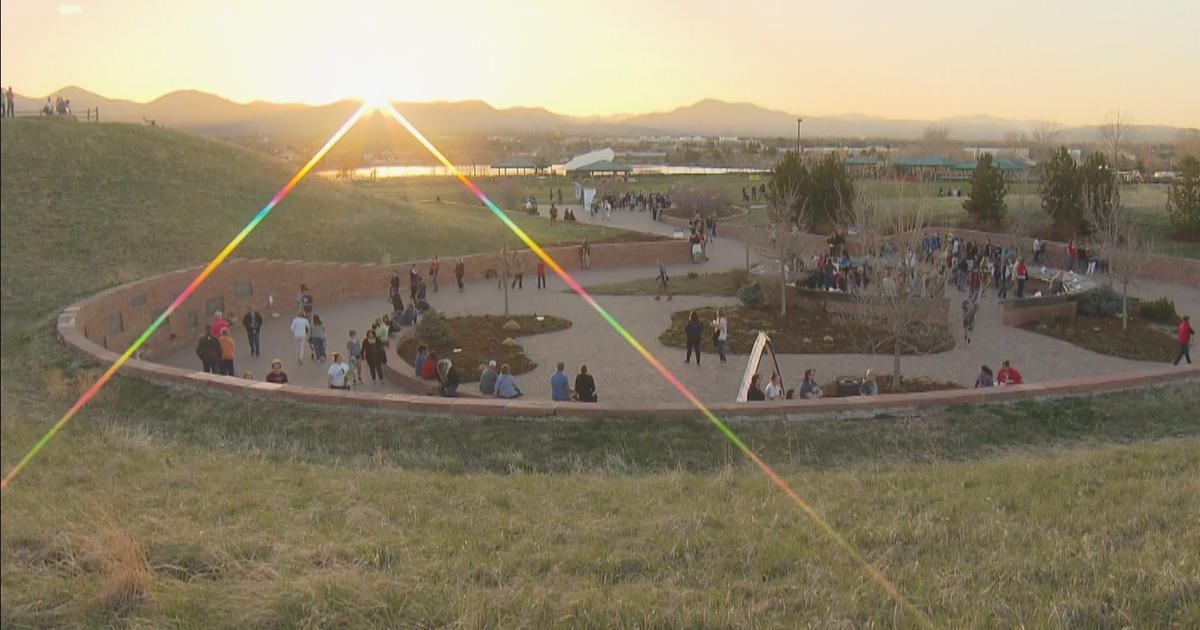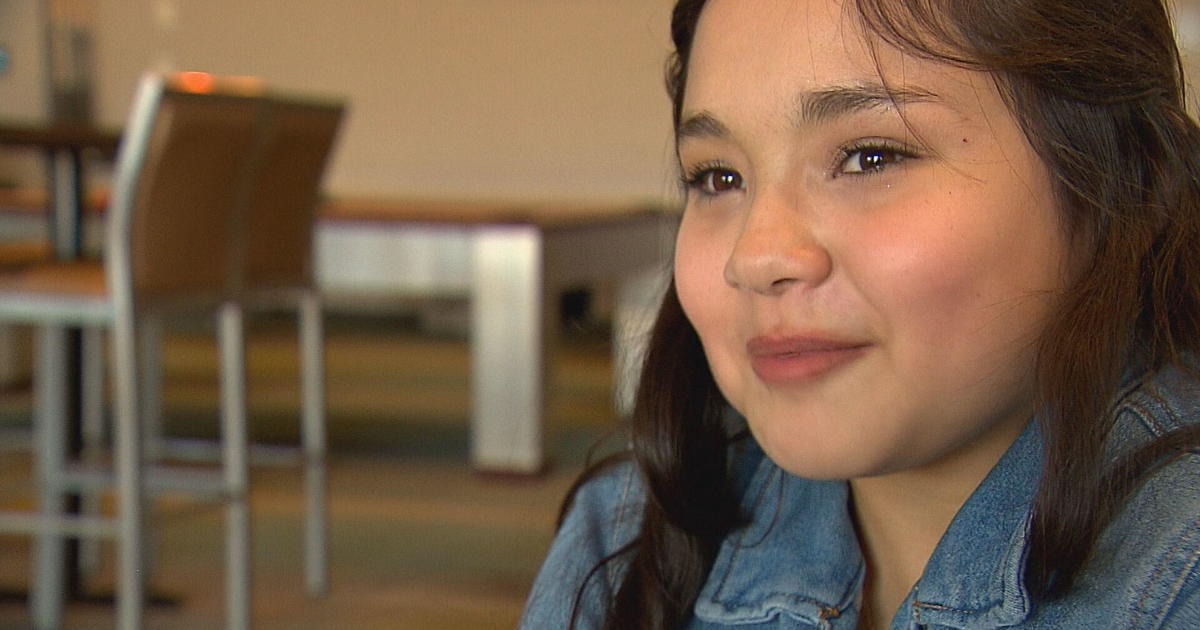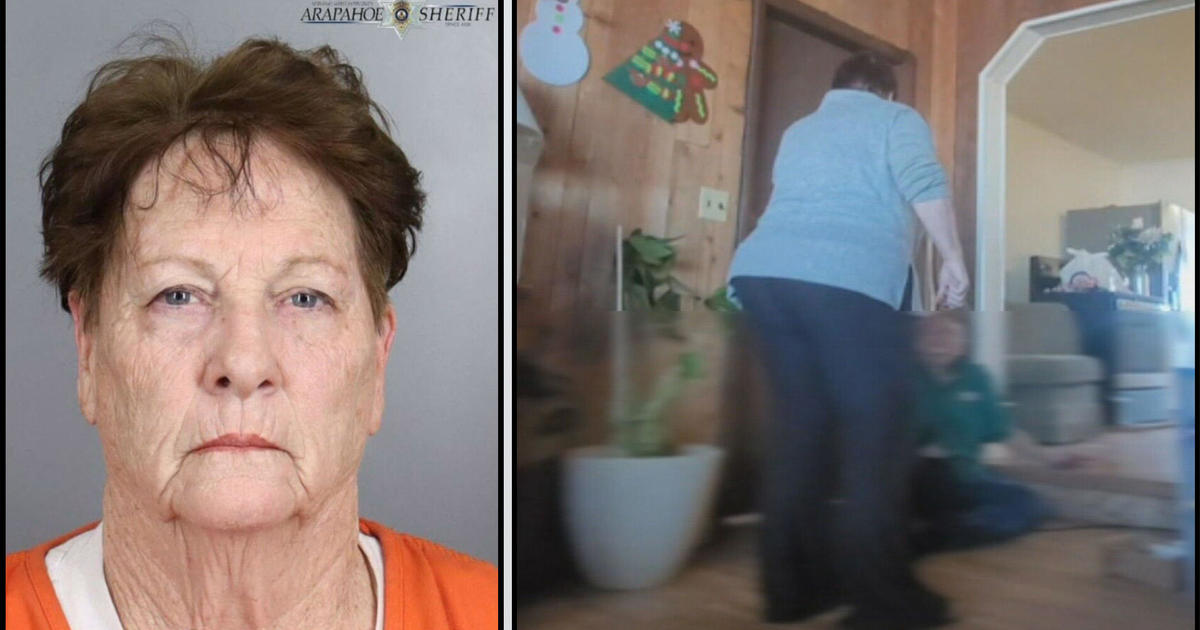Theater Gunman's Psychiatrist Says He Didn't Tell Her About His Plot
CENTENNIAL, Colo. (CBS4) - She is considered one of the most important witnesses to take the stand in the Aurora theater shooting trial; Dr. Lynne Fenton, the psychiatrist who treated James Holmes in the months leading up to the deadly shooting, testified on Tuesday.
Typically the doctor-patient relationship is confidential but when Holmes pleaded not guilty, he waived that right. Fenton revealed details of her five sessions with him in court when she took the witness stand just before 11 a.m. Tuesday.
Holmes was a student at the University of Colorado Anschutz Medical Campus where Fenton was the Director of the Student Mental Health Service. She testified that Holmes was referred to her by a social worker at the university.
"She thought that he was one of the most anxious people that she had ever seen. That she thought he had obsessive-compulsive disorder," said Fenton.
On the first visit, Fenton said she prescribed anti-anxiety medicine after he strangely said he wanted to overcome a problem with biology.
"And the solution to the quote, 'biological problem would be to eliminate the problem ... homicide. But you can't kill everyone so it's not an effective solution,'" Fenton testified.
Holmes told a court-appointed psychiatrist he wanted to kill people to prevent killing himself.
When asked if she thought Holmes had thoughts of hurting himself by Arapahoe County District Attorney George Brauchler, Fenton replied, "Yes."
When asked what Holmes told her, Fenton testified, "He said no."
She said Holmes indicated his problems were related in part to the break up with his girlfriend.
Fenton testified that she didn't have enough information to put Holmes on a mental health hold.
"For a mental health hold for somebody who has homicidal thoughts, to qualify for a mental health hold they need to have a couple of things; one is evidence that it's not just a thought, but they have a plan, they're moving toward action on those thoughts," said Fenton. "And then the second thing is there has to be a specific target. And he had all along denied both of those."
While denying the plan he was formulating, Holmes had been accumulating an arsenal of weapons.
When asked if Holmes told Fenton that he had purchased weapons, two tear gas canisters, a gas mask and filter at that time, she testified, "No" to all of those inquiries.
She also testified that if Holmes had told her about his actions or the plan to attack the theater she would have responded differently.
"I likely would have placed him on a mental health hold and contacted police," said Fenton.
Holmes also told the court-appointed psychiatrist, Dr. William Reid, that the medication he was given actually encouraged him to go ahead with the attack. Holmes said Fenton should have locked him up.
Under cross examination the defense attempted to question Fenton to further their plea of insanity. The defense attorney questioned Fenton about the fact that in the first session with Holmes, she noted that he had "possible psychotic-level thinking," and "possible schizoid personality disorder," and Fenton replied, "Yes" to both.
Holmes has pleaded not guilty by reason of insanity in the July 2012 shooting that left 12 people dead and dozens of others wounded.
